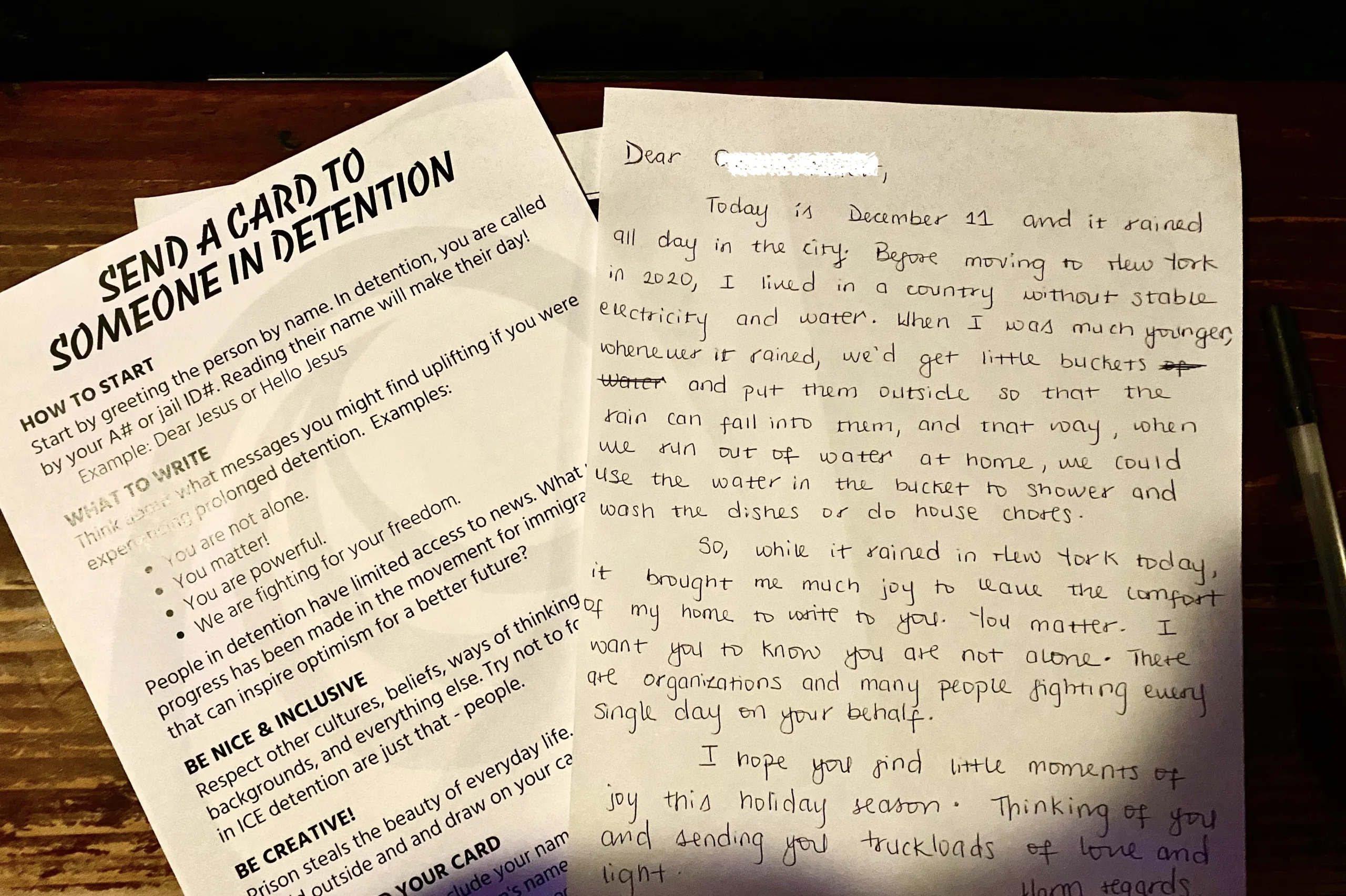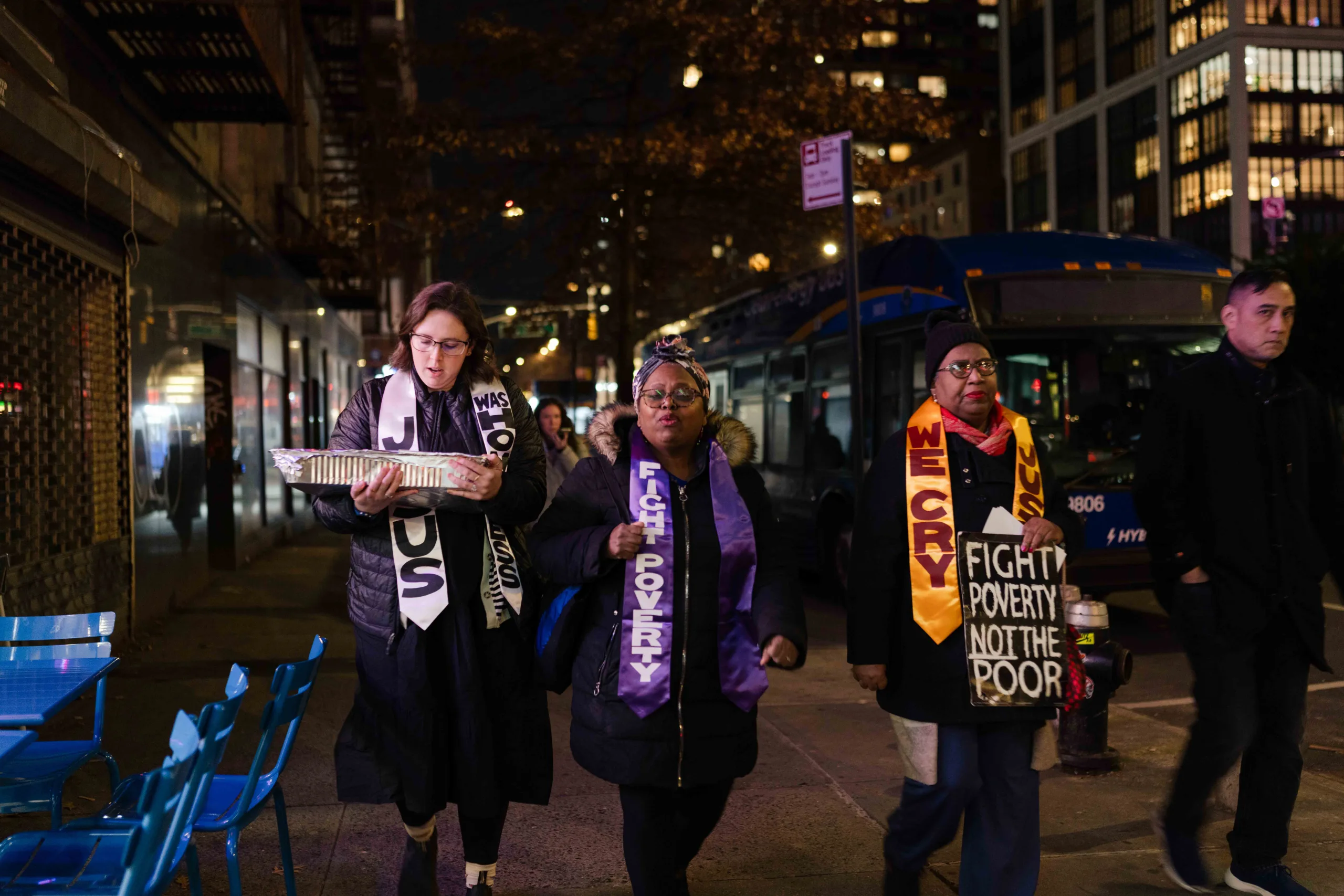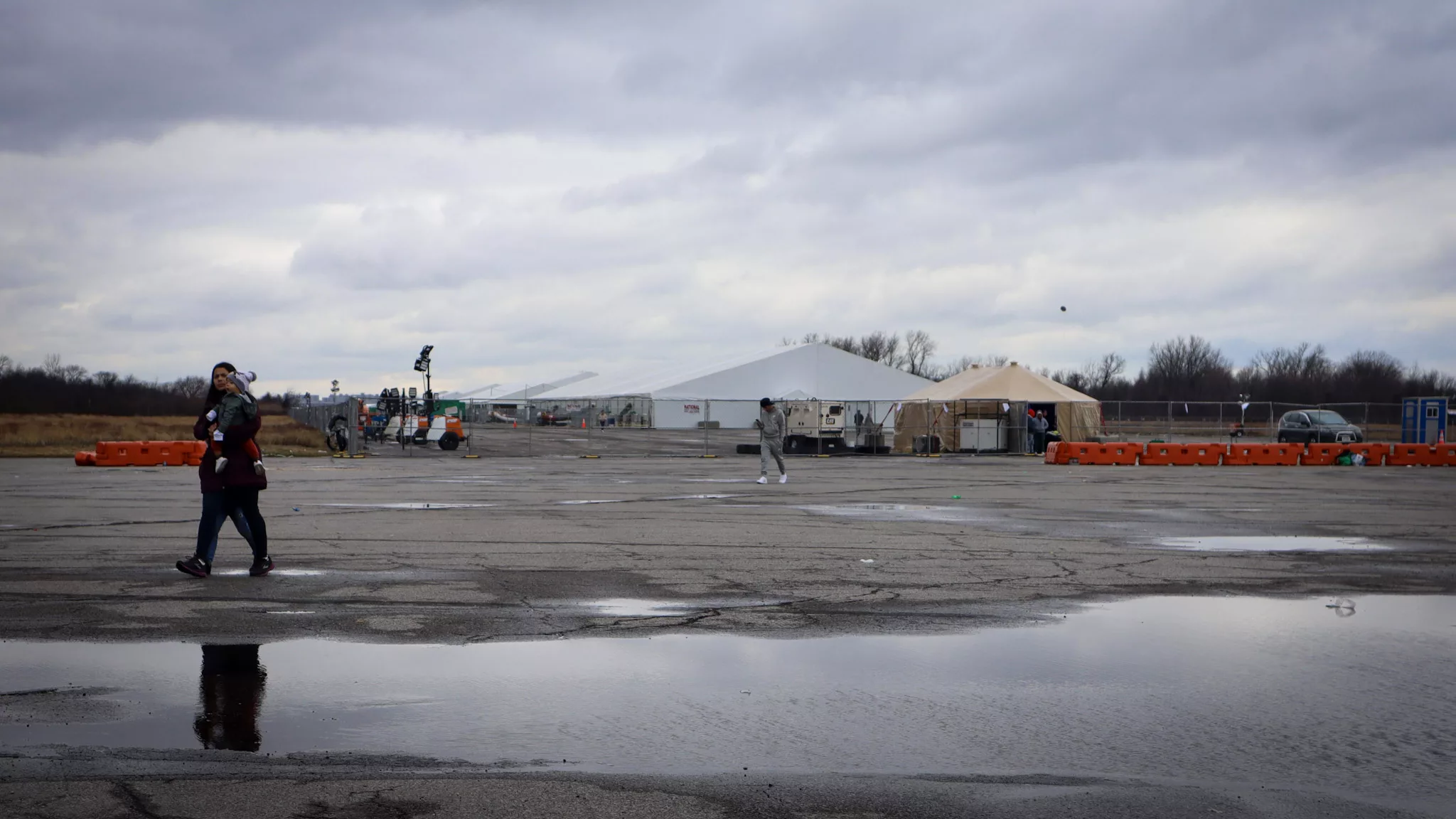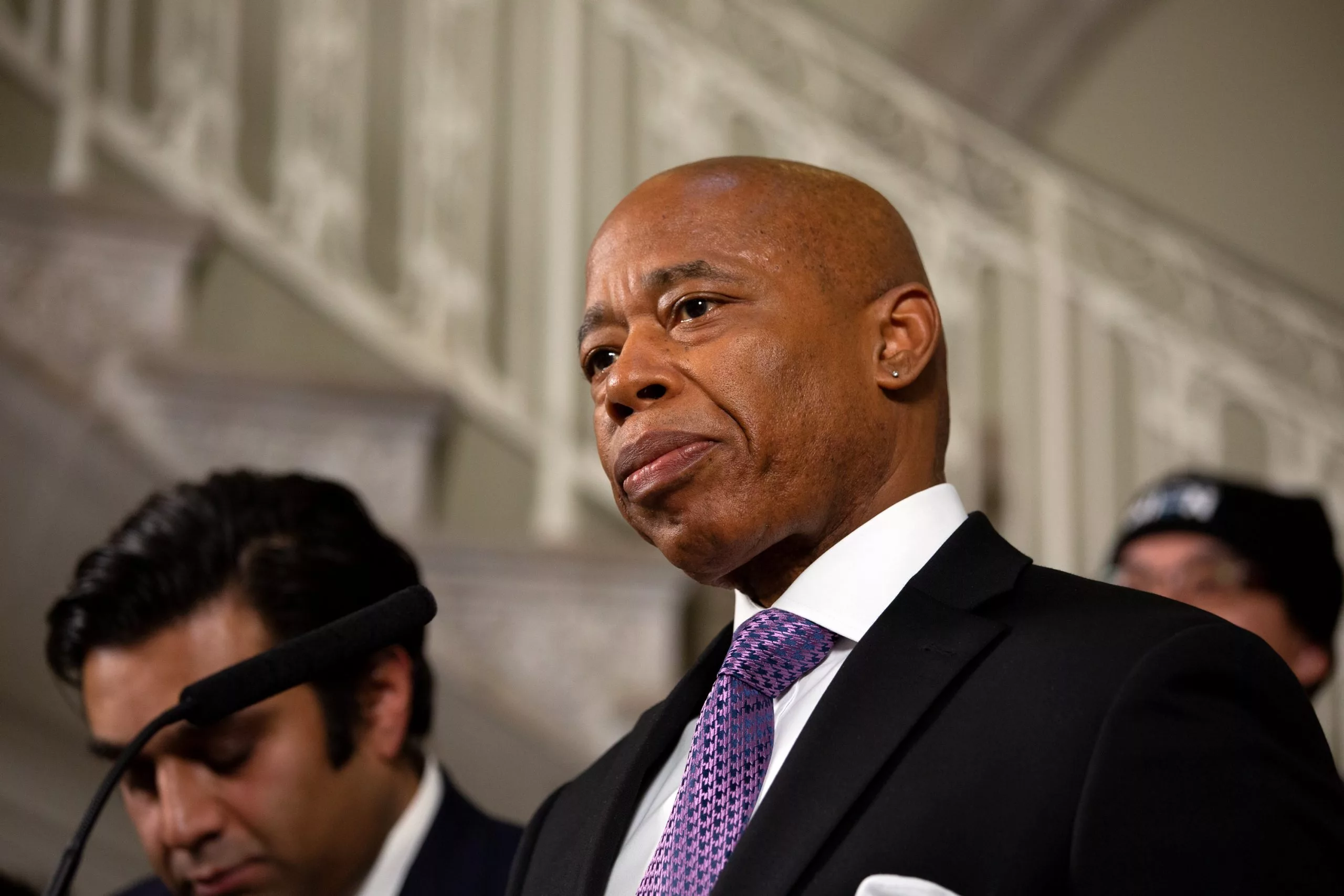On the eve of yesterday’s crucial midterm election, President Trump looked out onto the screaming hordes of 13,000 supporters crammed inside the Allen County War Memorial in Fort Wayne, Indiana, and stuck to a familiar refrain: immigration.
“If you want more caravans, if you want more crime, vote Democrat tomorrow,” Trump told the crowd.
Voters around the country Tuesday delivered mixed results on that strategy. In three competitive races in New York where immigration played a major role, voters largely rejected the Trumpian call to mobilize, rejecting the blatant fear-mongering that Trump had successfully used to capture the presidency in 2016.
In the solidly Republican 11th congressional district, which includes Staten Island and straddles parts of southwest Brooklyn, Democratic challenger Max Rose upset Republican incumbent Dan Donovan, a staunch Trump supporter who ran on a fervently hawkish immigration platform. He backed Trump’s promised border wall, railed against “sanctuary cities” and supported the president’s decision to deploy upwards of 15,000 troops to the southern border as a defense against the migrant caravan who the president has called “invaders.”
The scorched earth tactics turned off the district’s independent voters, said Muzaffar Chishti, Director of the Migration Policy Institute at New York University and an expert on U.S. immigration policy.
“What has happened in the last two weeks is that President Trump’s doubling down on immigration actually dampened intensity in these districts where there are sizable number of independent voters,” said Chishti. “The president overplayed his card.”
In the 22nd Congressional District, a traditionally Republican bastion in central New York, Republican incumbent Claudia Tenney lost to Democrat Anthony Brindisi, in what was a closely watched contest nationally, partly because of the Trump family’s unusual intervention. All three of the president’s oldest children—Eric, Donald Trump Jr. and Ivanka—stumped for Tenney. On Tuesday, Eric Trump wrote an op-ed in Townhall, a conservative news site, where he offered a full-throated endorsement.
In what was the first visit by a sitting president to the city in 70 years, Trump himself traveled to Utica for a fundraiser in August to praise Tenney’s loyalty to his agenda in Congress. The congresswoman has voted with the president 96.8 percent of the time, according to Five Thirty Eight.
Tenney, an immigration hardliner, ran several racially tinged TV ads during the campaign, including one where footage of men climbing the border fence and gang members behind bars alternated with images of Democratic Minority Leader Nancy Pelosi. Tenney framed the race as a referendum on the president and said uncontrolled illegal immigration would lead to economic displacement in the largely rural district.
Her strategy played on fears in economically struggling communities Upstate where people feel there’s a finite set of resources and the pie is too small to be divided, said Shannon Gleeson, a professor at Cornell University’s School of Industrial and Labor Relations who researches the impact of immigration status on workers.

“Immigrants in that environment become a very convenient economic scapegoat,” said Gleeson. “We call it dog whistle politics but often times it’s not a whistle at all. These tactics are blatantly racist.”
In the state’s 1st congressional district on Long Island, the president’s tactics did find success. Republican Lee Zeldin, one of candidate Trump’s earliest supporters in 2015, overcame a formidable challenge by Democrat Perry Gershon in a race where immigration dominated the headlines.
纽约州“能源补助”申请指南
Zeldin framed the debate around MS-13, the Salvadoran gang that has it roots in Los Angeles. The gang’s presence on Long Island—a point repeatedly brought up by the president over the course of his term—has grown in recent years. Zeldin has attributed its growth to a rising number of Central American immigrants who’ve arrived over the last decade drawn to the area for its large agriculture and service sectors.
In a radio interview last week with conservative radio personality Mark Levin, Zeldin mirrored the president’s language by referring to MS-13 members as “animals” and claiming that Democrats who ran on a Medicare for All platform wanted “free healthcare for illegal immigrants.”
Chishti acknowledged that Zeldin’s openly discriminatory platform may have motivated the most hard-core of the Republican base to the polls, but he pointed out that the local school systems have struggled recently to keep pace with the number of new students every year and have had to increase spending for English second language courses, post-trauma counseling and other services needed for these children who in some cases witnessed unspeakable violence in their home countries.
“The reality is these schools are not getting relief from the county and, to a larger degree, from Albany to fill budget gaps so what happens? You have to raise property taxes,” said Chishti. “And when you raise taxes, suddenly immigration becomes a pocketbook issue for people.”















